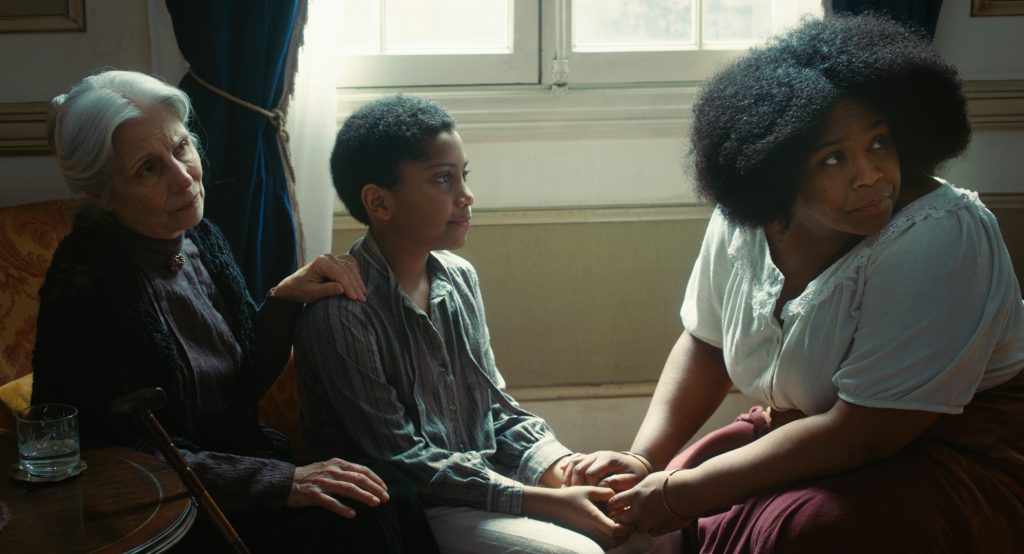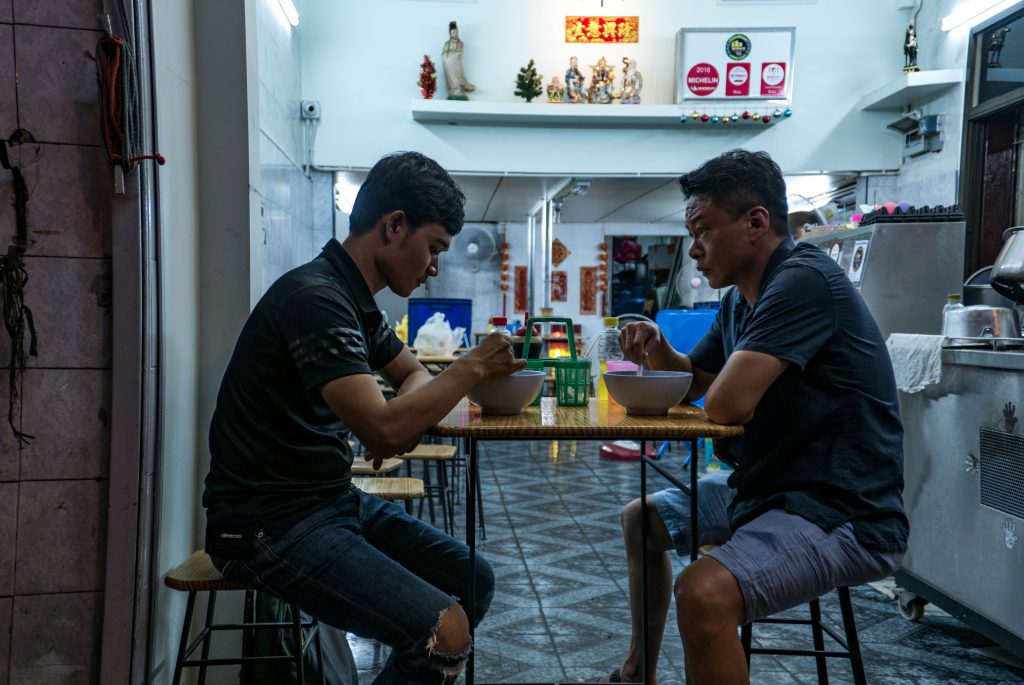More Competition at Berlinale: Rizi, Todos Os Mortos, Undine, and Volevo Nascondermi

Modern art painter Antonio Ligabue is the main topic of Italian director Giorgio Diritti‘s Berlinale entry “Volevo Nascondermi (Hidden Away)”. The young Toni, both physically and mentally ill, is adopted by a couple in Switzerland, but later sent back to Italy. There, in poverty and with no real work to do, he focusses on his talents for painting after he meets a sculptor. It is the astonishing way of actor Elio Germano, who portrays the artist, and his impersonation which really makes this a strong and entertaining movie. With lots of detail on the many moments where he is bullied and laughed at, and with a startling physical presence, Germano/Ligabue shows during the course of the movie, that the only way to free yourself from all the prejudices and fears of the people around you, it’s the art and the love for it which sets you free.

Brazilian directors Caetano Gotardo and Marco Dutra tell the story of the recently abolished slavery in Brazil, around 1899 and 1900. A white family, coffee plantation owners, now has to live with the fact that there are no slaves around anymore to help them in their household. How are they supposed to cope with this new reality? At the same time, the family of former slaves comes to the conclusion that the new-found freedom isn’t as easy to adapt to as they imagined. But there is one aspect in the movie which makes this otherwise pretty interesting story and its conflicts so bizarre and almost unbearable: one of the Soares family members (the one with the plantation) has problems with ghosts from the past and is portrayed as somewhat mentally ill, but to me it gets to the point where she is excessively moronic and laughably imbecile that it simply hurts to watch her play. Not my thing.

I have to admit I was a bit afraid before entering the cinema for “Rizi” by Malaysian director Tsai Ming-Liang. The 127 minutes of the film are without dialogues and so, there are sequences in the movie where you watch one of the two main characters sitting on a chair in his home, watching the rain for what seems to be half an hour. But it’s interesting how fast I was getting used to more of those long shots. Even the scene where the two men whose lives are portrayed here, enjoy a long massage, isn’t really disturbing at all. The movie actually made me think about how mundane and irrelevant actual dialogues would have been. It’s a fascinating movie, in hindsight.

Which brings me to the German entry “Undine” and the merciful fact that in contrast, dialogues here are not as brutally pathetic and miserable as in the German “Tatort” series where the artificial and pseudo-genuine acting always make me cringe. This is Christian Petzold‘s fifth entry for the Competition and even though I thought that some of the lectures of historian Undine (Paula Beer) were simply played out too long, the story itself has a lot of suspense and twists and turns, with references to the mythical Undine too, that the legend is easily and cruelly transported into the real world.






